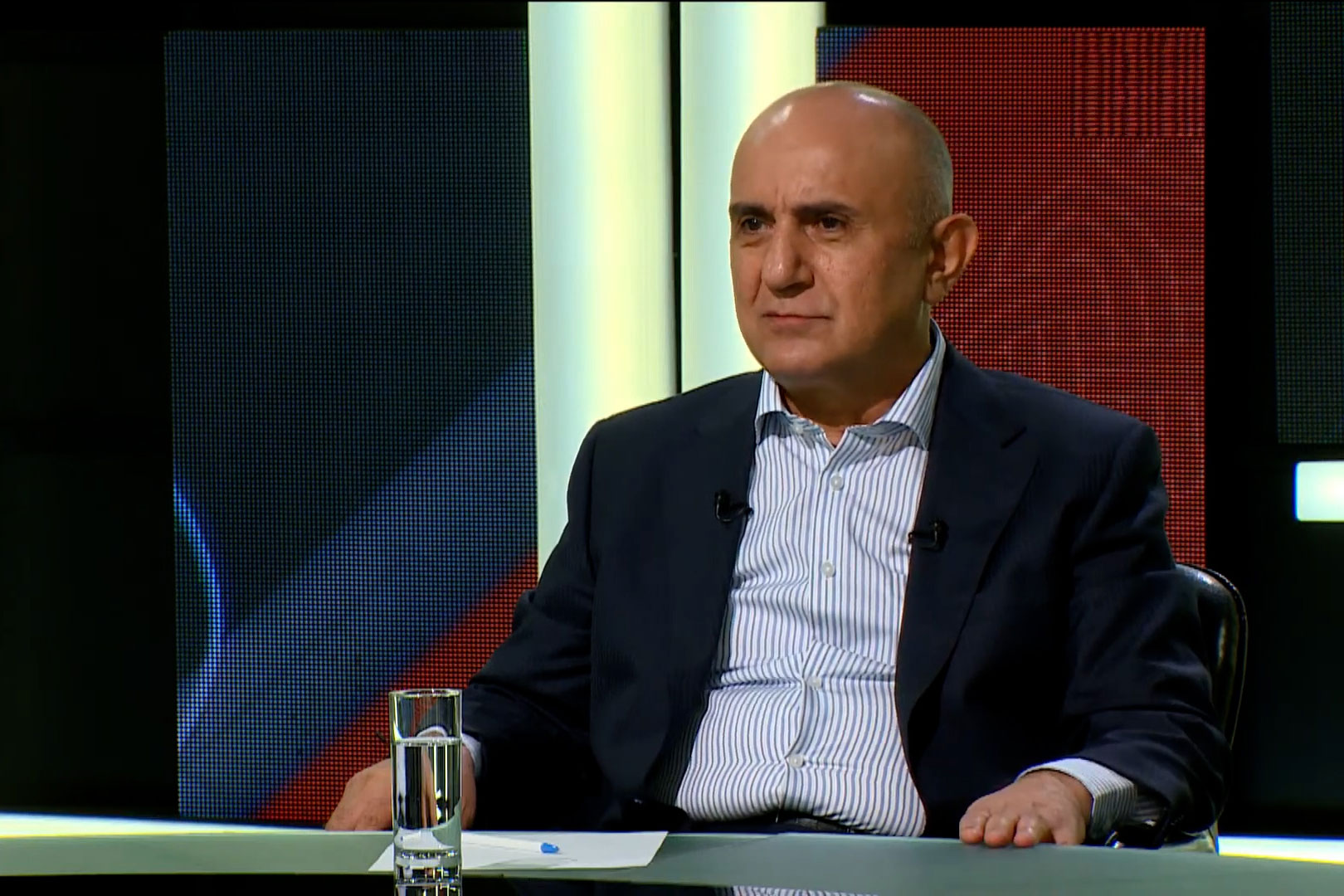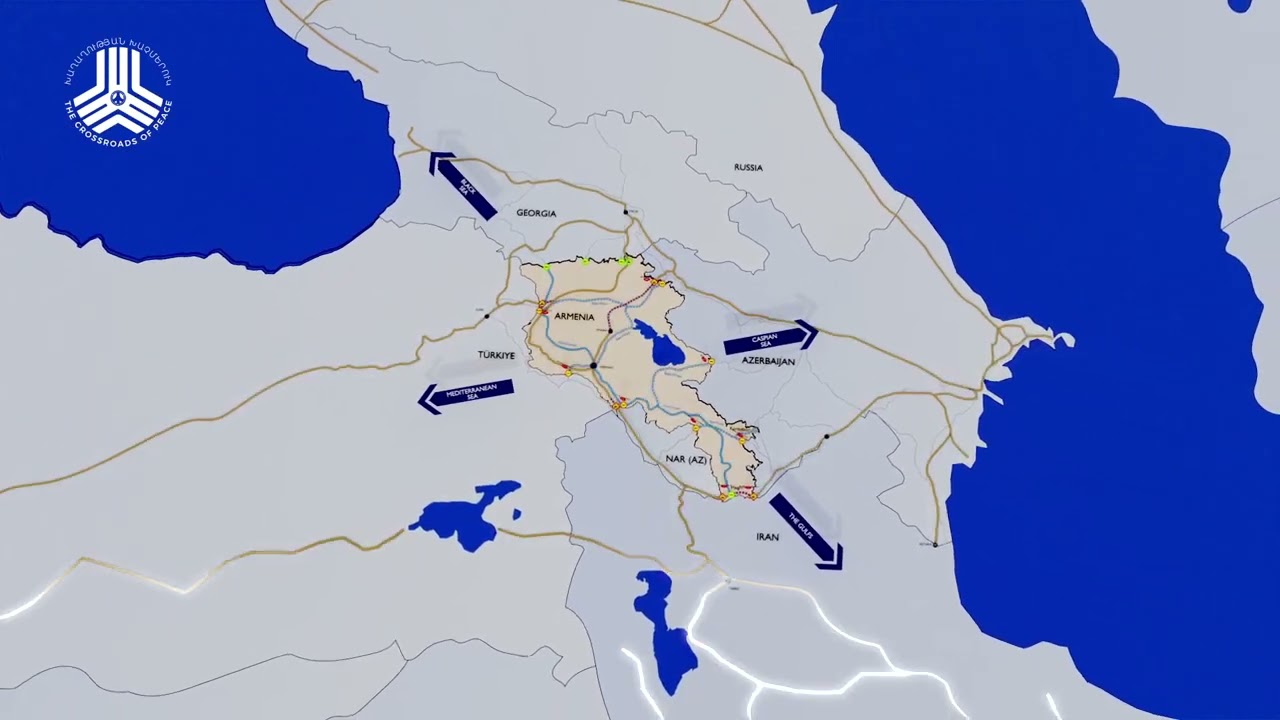Yerevan–Tbilisi–Baku trilateral format: what to expect from foreign ministry talks
New Armenia Azerbaijan Georgia format
A trilateral meeting between deputy foreign ministers of Armenia, Azerbaijan and Georgia took place yesterday in Tbilisi. According to a statement from Armenia’s Foreign Ministry, the trilateral format could “help address common challenges, contribute to long-term stability, and accelerate regional development.”
During her visit to Armenia in late January, Georgian Foreign Minister Maka Bochorishvili spoke of the need to establish peace in the region. She stated that Georgia was ready to do everything possible to achieve this — including facilitating Armenian-Azerbaijani talks.
Political analyst Robert Gevondyan views the creation of the trilateral format positively and hopes the discussions will be constructive. However, he doubts that Georgia will play the role of facilitator.
“Tbilisi made a similar offer a year ago. But Azerbaijan declined — and so did Armenia. Now, as Armenia and Azerbaijan are addressing key issues in a bilateral format and rejecting outside mediation, it is likely that Georgia’s offer will also be turned down,” he told JAMnews.
- ‘Price’ of peace: why Baku is delaying peace deal – view from Yerevan
- ‘Moscow won’t be able to settle comfortably between Yerevan and Baku’: Pashinyan–Rubio conversation
- Why is Baku rejecting Yerevan’s proposals? Pashinyan’s take on regional unblocking
- Opinion: ‘If Baku cared about security, it could have negotiated practical guarantees with Yerevan’
“Untapped potential for cooperation” – new Armenia-Azerbaijan- Georgia format
The meeting of deputy foreign ministers was initiated by the foreign ministers of Georgia, Armenia, and Azerbaijan.
Following the talks, Armenia’s Foreign Ministry released a statement outlining a joint position from the participants:
“At the outset, the participants […] welcomed the first trilateral meeting of the three South Caucasus countries and acknowledged that three countries have untapped potential of cooperation based on full respect for each other’s sovereignty and territorial integrity.”
The specific areas of cooperation discussed during the meeting were not disclosed.
However, Vahan Kostanyan, Lasha Darsalia, and Elnur Mammadov described the atmosphere as constructive and called the meeting an “initial phase designed to build trust and pave the way for the eventual advancement of the dialogue to a higher level.”
Expert commentary
According to political analyst Robert Gevondyan, the need for an Armenia–Georgia–Azerbaijan format has arisen because, during this period of global transformation, the countries of the South Caucasus must “synchronise their actions.”
He believes trilateral meetings could serve as a platform to:
- discuss possibilities for jointly addressing external challenges;
- compare the three countries’ approaches to recent geopolitical shifts — identifying both divergences and common ground.
Gevondyan also suggests that regional infrastructure unblocking could be discussed within this format.
He notes that Armenia may use this platform to promote the Crossroads of Peace project, as Georgia would also stand to benefit. At the same time, Baku may seek to advance its own communication projects through Armenia.
Gevondyan stresses that using the North–South highway through Armenian territory could benefit Azerbaijan as well. This would be possible if a peace agreement is signed, diplomatic ties are established, and borders are opened.
“When the North–South route becomes operational, the road to Georgian ports will run through the north-western part of Armenia. It’s clear that for many Azerbaijanis living in southern districts, the most convenient route to the Black Sea would be via Armenia,” he explained.
According to the analyst, if events unfold in this way, Georgia could offer its neighbours simplified procedures for transporting goods.
On possible areas of trilateral cooperation, Gevondyan noted that infrastructure is Armenia’s main interest. However, cooperation is possible across multiple fields:
“Armenia and Georgia, as well as Georgia and Azerbaijan, have 30 years of experience in bilateral border delimitation. Georgia could offer technical assistance to Armenia and Azerbaijan.”
In Armenia, some believe that when it comes to Armenian-Azerbaijani issues, Georgia may express “passive agreement” with Azerbaijan’s demands — a view often linked to the influence of Azerbaijan and Turkey on Georgia’s economy. Gevondyan disagrees:
“Georgia is a self-sufficient country. Arab states have a far larger presence in its economy than Turkey. The idea that Azerbaijan and Turkey exert such influence that Georgia cannot go against their interests is a myth. That said, Georgia could be offered certain incentives to take a more favourable stance towards Azerbaijan’s position.”
The analyst sees minimal risk to Armenia’s interests in this format and expects the discussions to be largely constructive:
“Azerbaijan will certainly try to assert its dominance over both Georgia and Armenia. Yerevan and Tbilisi will also aim to advance their own interests. How successful each side is will depend on the diplomatic skills of the participants.”
He believes that if Armenian-Azerbaijani talks succeed and the region becomes “open,” many more trilateral meetings will follow. For now, discussions at deputy minister level are the most suitable, though meetings between ministers or even heads of state could follow in future.
Asked whether this trilateral initiative is meant to rival the “3+3” format (Russia, Turkey, Iran + Armenia, Azerbaijan, Georgia), which Georgia has declined to join, Gevondyan replied:
“No, it’s not meant as a counterbalance. In the 3+3 format, Armenia finds it unacceptable to discuss issues that are already being negotiated elsewhere — such as border delimitation and the unblocking of transport routes. But in the Armenia–Georgia–Azerbaijan format, discussing these topics is acceptable for Yerevan, as Tbilisi is seen as a neutral party.”





















